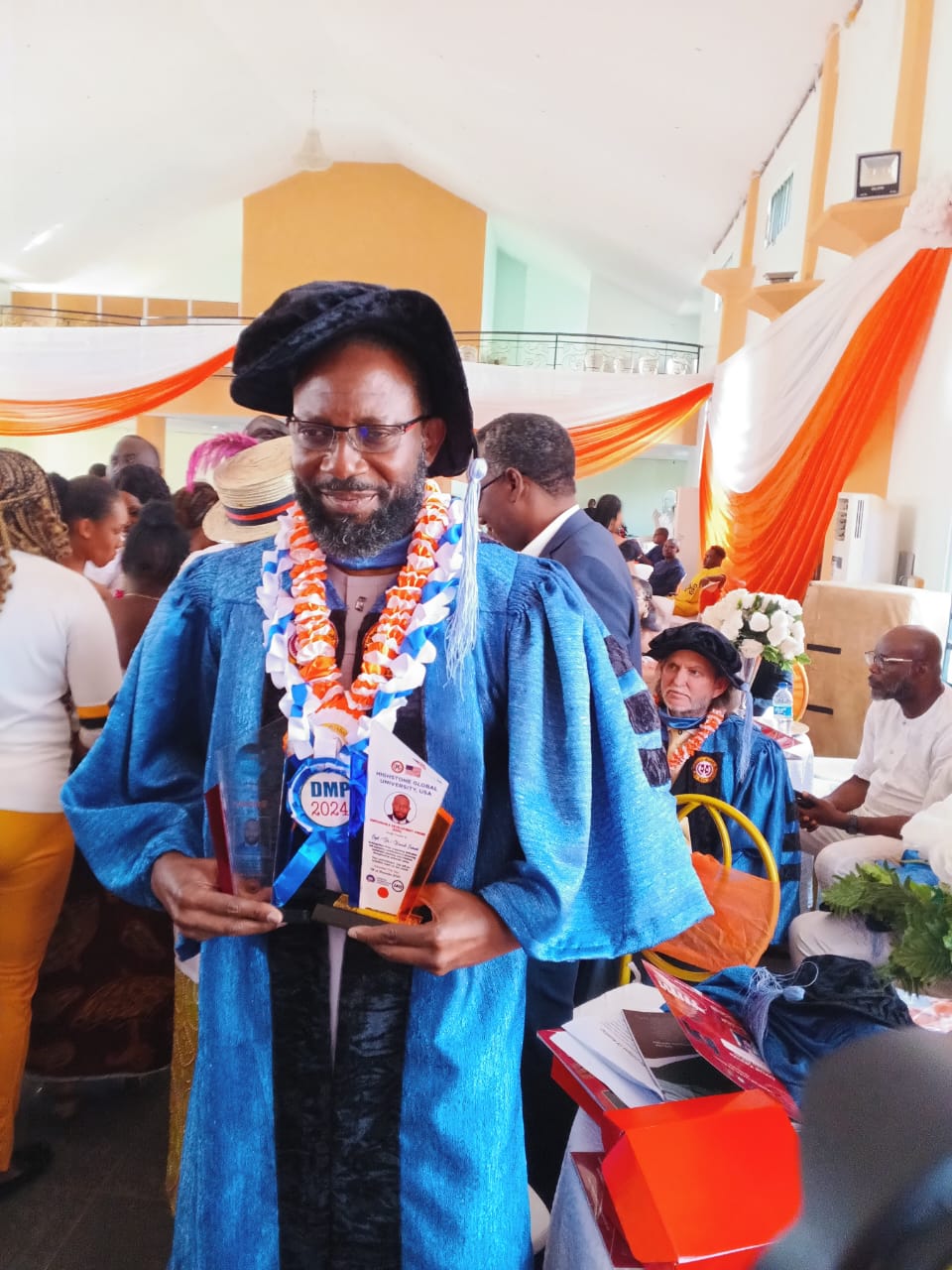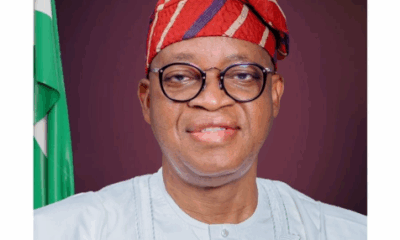Analysis
Real Reason Behind FPSO Tamara Tokoni Arrest Order, Vague’- Capt Enuisoh

BY GBOGBOWA GBOWA
The controversy surrounding the reported court order for the arrest of General Hydrocarbon Ltd (GHL) crude oil cargo belonging to business tycoon and media owner, Nduka Obaigbena, may be far from over, as experts and analysts have continued to speculate on the real motive.
Recipient of the court order, First Bank of Nigeria had obtained the order from the Port Harcourt Division of the Federal High Court to recover loan payments it granted General Hydrocarbon Ltd which the bank explained has failed a number of repayment timelines.
On the other hand, GHL has accused FBN of pushing into the public domain misleading narratives, saying that the bank has behaved below expected profession conduct for failing to service the loan facility at some point.
When contacted for his views on the development, frontline maritime security expert, Dr. (Captain) Warredi Enuisoh argued that the real seasons for the rumpus and the request to detain the crude production platform is only known to Firs Bank and General Hydrocarbon Ltd.
This is even as he explained that if the intention was purely for prosecution purposes, the Nigeria Police would have been involved in arrest and detention. He explained further that whereas the Nigerian Navy, the Nigerian Upstream Petroleum Regulatory Commission (NUPRC), the Nigerian Maritime Administration and Safety Agency (NIMASA), and the Nigerian Ports Authority (NPA) have arresting power, none except the Nigeria Police has the authority to intervene, investigate and prosecute.
It will be recalled that on January 10, 2025, the Federal High Court sitting in Port Harcourt granted an order for the arrest and detention of GHL crude oil cargo on board the Floating Production Storage and Offloading (FPSO) Vessel Tamara Tokoni.

Commenting of what organ of government is expected to carry out the arrest of crude oil assets and production facilities, Enuisoh said, “NIMASA has power of arrest, Nigerian Navy and Nigeria Police have power of arrest, but then the purpose of the arrest is usually for prosecution, l don’t know the intentions of the owner. But if it is for prosecution purposes, out of all the organs l mentioned, only the Nigeria Police has prosecution power.”
Dr. Enuisoh also broached the possibility of other intentions other than the issue of pure prosecution by creditors, even as he explained other intricacies that could trigger the arrest of debtors’ assets; pointing out that court cases are sometimes not the best options.
“But if it is for the purpose of just trying to frighten the guy to bring him on notice, you understand what I mean…so that he will do something… negotiate and maybe pay some money. You can always use the Navy, NIMASA…because far more often than not, it is not productive to go to court, at least on the side of the owner, also because nobody knows the terms under which that oil was loaded on the ship.”
He also shed more light on the technicalities involved in the recovery of loan through court processes, noting that in this case, without First Bank been on ground, sales of the products is difficult should the bank be given the power to liquidate the seized asset.
“So at any time, anything is under arrest like that, putting everything all in one place, so you can’t discharge the cargo without the bank. So, you’re now holding the cargo and the owner, maybe the guy has the plan also to arrange the arrest when it helps most… Maybe the moment the vessel is loaded, the owner of the cargo wants their cargo very badly, so that will also force the owner to quickly do something.”
On whether Nigerian banks and courts could subject a foreign debtor to similar treatment, particularly court orders on the arrest of foreign ships, the maritime expert said it is doable.
“It doesn’t matter, if the crime or action is in Nigeria waters, except where there are clauses between the defaulter and the banker and that arbitration will be in UK or somewhere else outside the shores of Nigeria. Then such action is a violation because nobody knows the terms of the contracts between the two parties.”
Legal professionals and financial analysts have since the break of the tussle between FBN and GHL advanced arguments for the pros and cons linked to the emerging aggressive approach in loan recovering methods.




































